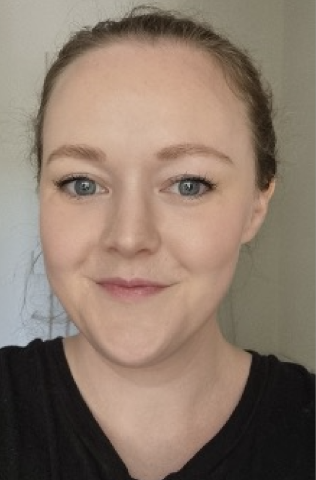Primary supervisor
Roisin McNaneyCo-supervisors
- Prof. Dan Lubman
Research area
Human-Centred ComputingThis scholarship is open to Australian and New Zealand Citizens and Permanent Residents
The project is a partnership with Turning Point and will focus on the co-design and HCI elements of the larger program of work.
Turning Point is a renowned addiction treatment and research centre specialising in the prevention, treatment, and support services for individuals affected by substance use disorders, gambling addiction, and mental health issues. Turning Point operates a network of 26 helplines across the country, ensuring accessible and immediate support for individuals in need. These helplines serve as a vital resource for individuals seeking assistance, information, and guidance related to addiction and mental health concerns.
The helplines at Turning Point are staffed by trained professionals who offer compassionate support, active listening, and evidence-based advice. These dedicated helpline operators play a crucial role in providing essential information, crisis intervention, and referrals to appropriate services based on the individual's needs. They handle a wide range of inquiries, from general inquiries about addiction and mental health to urgent situations requiring immediate intervention.
By partnering with Turning Point's helpline service, students on the Next Generation of Graduates in AI in Mental Health program will have the opportunity to enhance the capabilities of these helplines using data driven and interdisciplinary approaches. The broader goals of the project will be to empower helpline operators with intelligent systems, improve user experience by understanding the help-seeking behaviours of callers, and enhance psychological support techniques as a result, ultimately enabling Turning Point to deliver even more effective and efficient assistance to individuals across the country.
This program of work will engage three PhD students, each from a different background (technical, psychology, design/HCI), to contribute their expertise towards enhancing the helpline service and improving the overall support for individuals seeking help for addiction. Students will be able to, for example:
- Apply AI, ML, and NLP techniques to develop intelligent systems capable of understanding and responding to helpline calls more effectively.
- Conduct research on the psychological aspects of helpline interactions and help-seeking behaviours to develop strategies to enhance user experience and emotional support.
- Employ co-design and HCI principles to create user-driven insights that will ensure both helpline operators and callers have the best possible experience.
- Collaborate with Turning Point to integrate the developed research into their existing helpline infrastructure.
- Evaluate the impact of the implemented advancements on the helpline service's effectiveness and efficiency.
This program of work represents a unique opportunity to collaborate with Turning Point in revolutionising their helpline service through the integration of AI. By engaging a small team of PhD students from technical, psychology, and design/HCI backgrounds, we aim to create innovative solutions that enhance the effectiveness, efficiency, and user experience of the helpline service, ultimately making a significant impact on mental health support in the community.
Required knowledge
Prospective candidates should possess a strong background in Human Computer Interaction and user centred or co-design. Addition experience working on projects related to health, and a commitment to improving mental health services are highly desirable.
